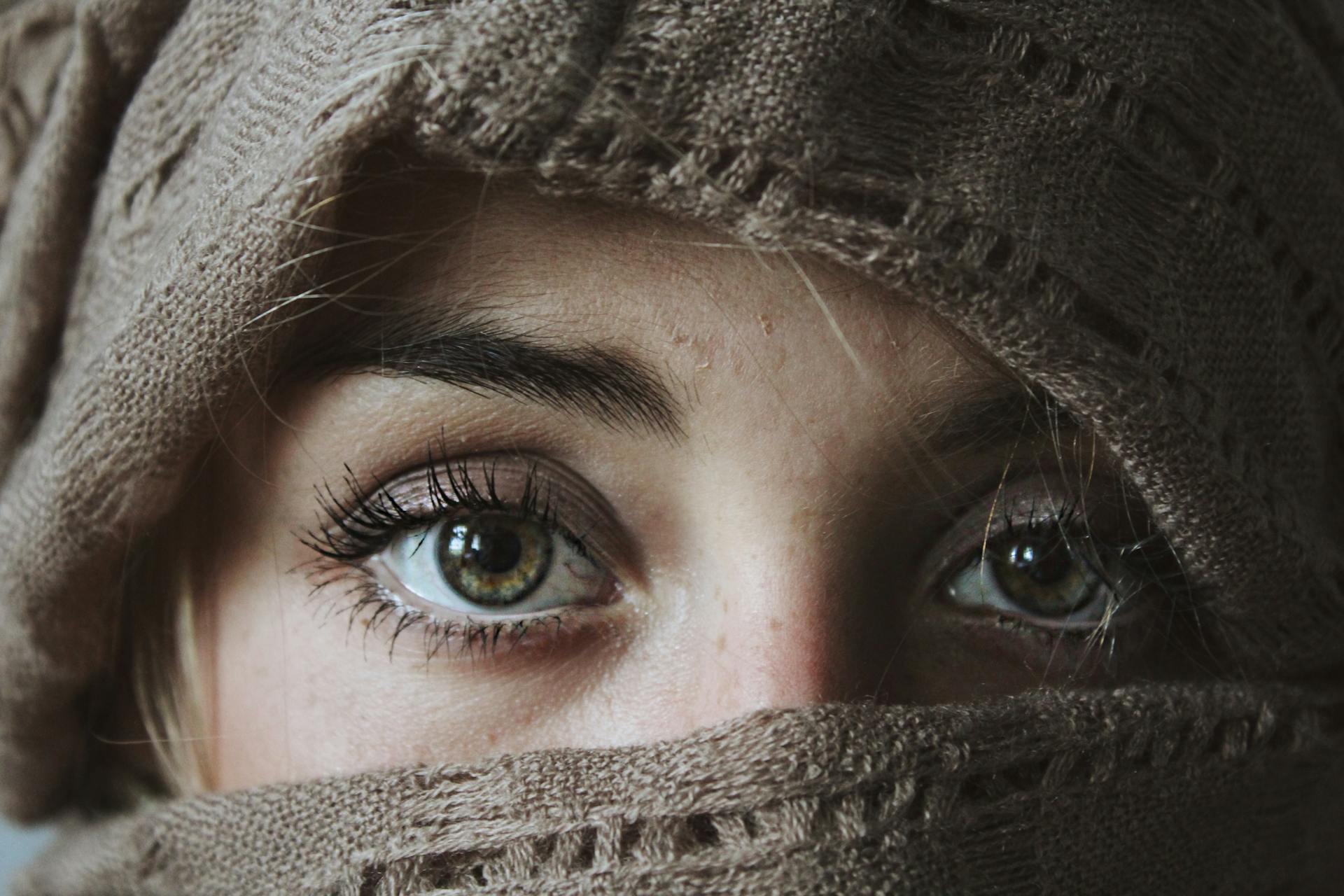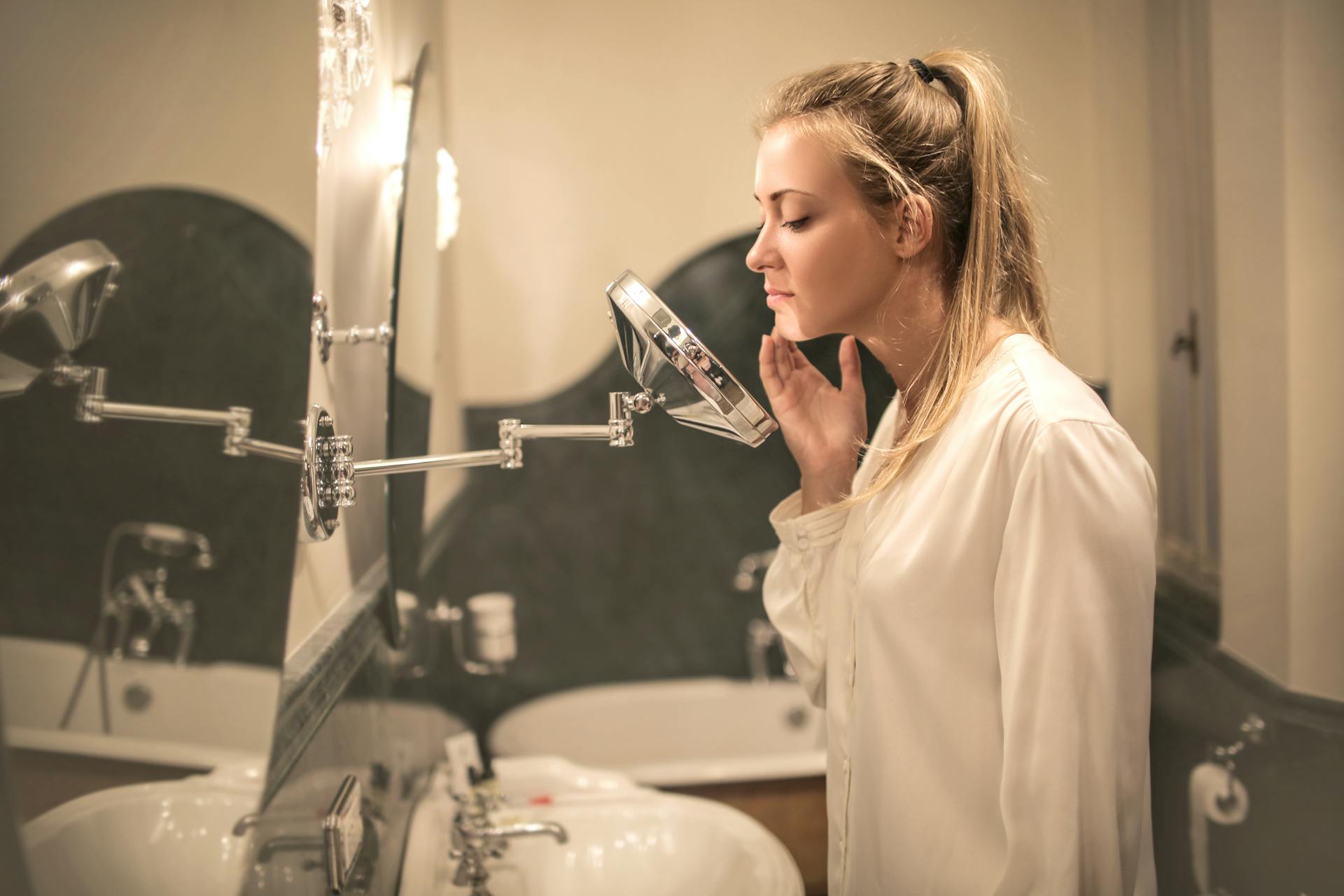
Winter dry eyes can be a real pain, and not just figuratively speaking! According to the Journal of Ophthalmology Seasonal, lower indoor humidity combined with high winds can cause our eyes to become dry and scratchy itchy. These painful symptoms are not only uncomfortable, but they can also lead to more serious eye conditions if left untreated.
Thankfully, there are many prevention strategies we can implement to combat dry eyes before they start. From staying hydrated and taking breaks from screens to using a humidifier and protecting our eyes from harsh weather conditions, there are plenty of ways we can soothe dry eyes during the winter season. In this article, we'll explore some of the most effective methods for preventing and treating winter dry eyes so that you can say goodbye to these bothersome symptoms forever!
How to Soothe Dry Eyes During Winter Season
Winter can be harsh on your eyes, causing discomfort and irritation. To soothe dry eyes during the winter season, it is important to keep them lubricated by using eye drops or artificial tears. You can also try using a humidifier in your home or office to add moisture to the air, which can help prevent evaporation of tears. Additionally, remember to blink frequently and take breaks from staring at screens for extended periods of time. These simple steps can help alleviate the symptoms of winter dry eyes and keep your eyes comfortable throughout the season.
From Mayo Clinic to your inbox

Are you tired of searching the internet for reliable health information? Look no further than Mayo Clinic's email newsletter. Stay up-to-date on current health topics and research advancements with our helpful information delivered straight to your inbox.
Managing health can be overwhelming, but with our email preview feature, you can choose which topics interest you most. Simply enter a valid email address in the erroremail field on our website and start receiving personalized healthcare tips today. Rest assured that we take privacy seriously, and all emails include protected health information in accordance with our strict privacy practices.
As a Mayo Clinic patient, you can trust us to provide accurate and trustworthy health advice. Plus, if at any time you wish to opt-out of our email communications, simply click the unsubscribe link at the bottom of each email. Don't let winter dry eyes get you down – sign up for Mayo Clinic's email newsletter today!
1. Tear glands and tear ducts
Tear glands located above the eyeball called lacrimal glands continuously supply tear fluid, which is spread across the eye by blinking. The eyelids help to ensure that excess fluid drains into tear ducts, which carry it away from the eye. This healthy tear film has three layers: fatty oils, aqueous fluid, and mucus, all of which work together to keep our eyes lubricated and smooth. However, during winter months, dry air can cause problems with this delicate balance.
Dry eyes occur when there is a dysfunction in the tear film, including decreased tear production or increased tear evaporation. Many factors can contribute to this dysfunction, including hormone changes, autoimmune disease inflamed eyelid glands or allergic eye disease. To prevent dry eyes during winter months, try using a humidifier indoors and wearing protective eyewear outside. If you're experiencing persistent dry eyes, it's important to see an optometrist or ophthalmologist for further evaluation and treatment options.
Knowing when to seek medical advice
When winter sets in, occasional dry eye symptoms due to the cold weather are quite common. However, if you notice that your symptoms worsen and persist for an extended period of time, it may be time to seek medical advice. If your eyes feel consistently dry or gritty or you're experiencing intense pain or blurred vision, these are all signs that should concern you.
If preventative methods such as using a humidifier or avoiding hot rooms don't seem to help treat dry eyes, it's essential to book an appointment with an eye doctor. They can evaluate your condition and check for underlying medical conditions that could be contributing to your discomfort. Dry eyes examples include meibomian gland dysfunction and eye infections.
Your eye doctor can prescribe stronger eye drops or recommend interventions like punctal plugs to restore moisture to your eyes if they determine it necessary. So if your symptoms don't improve with at-home treatments, don't hesitate to reach out to a professional for assistance in managing your winter dry eyes.
Say Goodbye to Dry Eyes This Winter
Winter is a time when many of us experience dry eyes, caused by the combination of cold and drying wind outside and heater usage inside. One common dry eye culprit is hair dryers, especially when the dryer blows directly into your face. If you want to reduce dry eye symptoms this winter, consider wearing wrap-around glasses to protect your eyes from the drying wind.
Adding omega-3 fatty acids to your diet can also help reduce dry eye symptoms. They're good for overall health and can benefit your eyes as well. You can find these dietary supplements in fish oil or flaxseed oil capsules.
If you're treating a cold this winter, be careful about taking antihistamines like brompheniramine. These medications can exacerbate dry eyes. Be sure to consult with your doctor before taking any new medications during cold season. With these tips in mind, you'll be able to keep your eyes comfortable and healthy all winter long!
1. Medication and dry eye
Winter talk always revolves around dry eyes, which can be quite uncomfortable. Did you know that certain medications can exacerbate dry eye symptoms? When updating your medication list, it is important to consider the potential alternatives and consult with a doctor before making any changes. Common medications include antidepressants, birth control pills, and those used to treat blood pressure. If you are considering switching or discontinuing any medication, make sure to get your doctor's permission first.
Frequently Asked Questions
How to fight dry, itchy eyes this winter?
To fight dry, itchy eyes this winter, try using a humidifier to add moisture to the air, avoid rubbing your eyes, use artificial tears or eye drops, and wear protective eyewear outdoors.
What can an eye doctor do for dry eye?
An eye doctor can prescribe eye drops or ointments, recommend changes to your environment or diet, and may perform a procedure called punctal occlusion to treat dry eye.
What are the best home remedies for dry eye?
Some of the best home remedies for dry eye include using a warm compress, staying hydrated, avoiding dry environments, and taking omega-3 supplements.
What can I do about dry eyes in the winter?
To relieve dry eyes in the winter, use a humidifier, blink more often while looking at screens or reading, and use artificial tears to soothe and moisturize the eyes.
Can you change the weather for dry eyes?
No, you cannot change the weather for dry eyes. However, you can use artificial tears or other lubricating eye drops to help alleviate symptoms. Consult with an eye doctor for proper treatment options.
Featured Images: pexels.com


